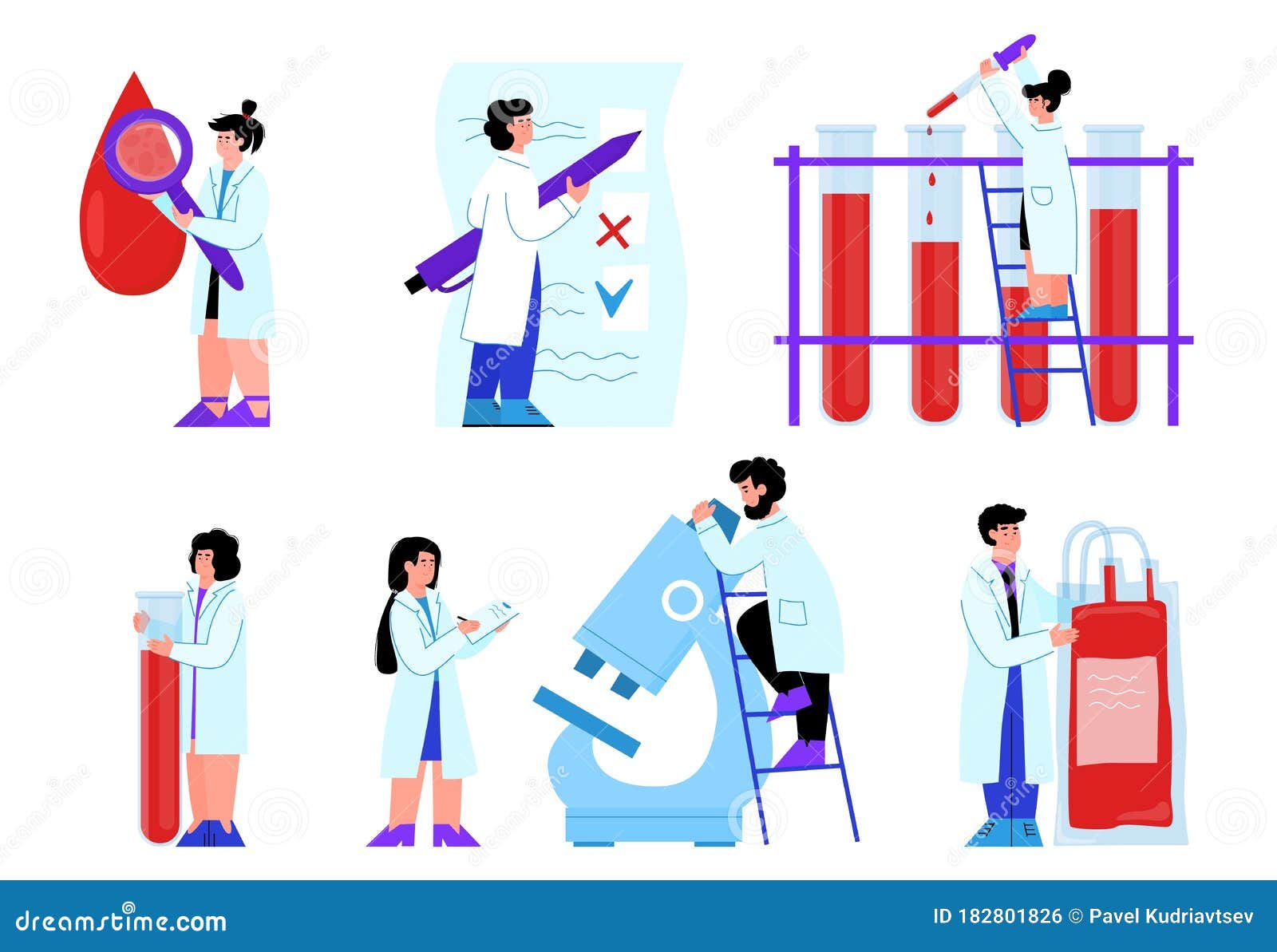The Critical Role of Veterinary Labs in Pet Care
The Critical Role of Veterinary Labs in Pet Care
Blog Article
Protecting the well-being of your furry companions, veterinary diagnostics plays a vital role. Advanced veterinary facilities monitor overall health for four-legged family members.
Through this guide, we’ll discuss the role of veterinary testing and review common procedures.
Understanding Veterinary Labs for Pets
Labs focused on animal health analyze health indicators to help diagnose conditions. They employ expert technicians to deliver reliable diagnostics.

Primary functions of veterinary labs include:
- Detecting hidden diseases: Prevents conditions from escalating.
- Monitoring ongoing conditions: Supports long-term health strategies.
- Evaluating care plans: Boosts recovery rates.
Common Veterinary Tests for Dogs and Cats
Diagnostic centers for pets offer a wide range of diagnostic options to identify potential problems. Popular exams include:
- Hematology screens: Assess organ function.
- Urinary tract exams: Spot bladder issues.
- Parasite screenings: Ensure proper gut function.
- Allergy panels: Improve coat health.
- Structural health evaluations: Spot tumors.
laboratórios veterinarioslaboratório de análises veterináriaslaboratorio de exames animais
Why Routine Exams Are Important for Pets
Ongoing health assessments ensures proactive care. With early warning signs identified, vets can create effective treatment plans.

Other advantages include:
- Enhanced quality of life: Ensuring effective care helps pets remain active and happy.
- Preventative savings: Minimizing long-term expenses saves on costly treatments.
- Peace of mind for pet owners: Take action when needed.
Why Testing is Key for Dogs and Cats
Veterinary laboratories are an invaluable resource in ensuring your dog or cat’s well-being. With routine checkups, you stay ahead of potential health issues.
Schedule a diagnostic test today to ensure their health for years to come!
Report this page